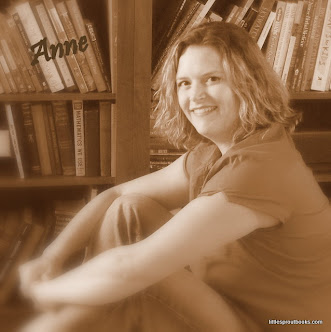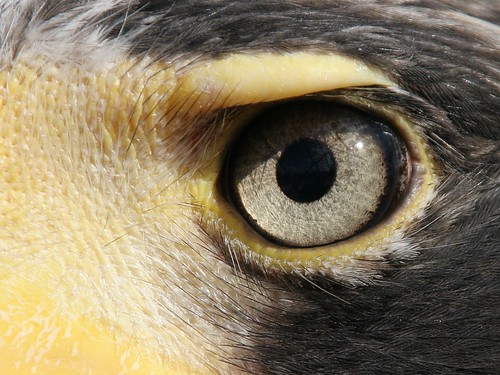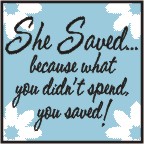Less “Lazy Days”
I can’t believe the start of school is less than a month away! I had grand plans for all the academic practice I would do with B this summer to make sure he didn’t slide backward in any of the skills he honed in preschool. What do they say about the best laid plans? That’s not to say he didn’t learn this summer. He’s been a backyard explorer, a road-trip navigator, a shopping assistant, an eager participant in the library summer reading program, and a teacher to his brother. I still want to make sure we brush up on those 3 Rs before kindergarten begins, so I’ve been trying to be sure we include some letters and numbers in our daily play. An easy way to review and refresh is with thoughtful book choices.
Riddle and Review

 One of our summer library finds that was quickly added to our purchasing wishlist is Q is for Duck, An Alphabet Guessing Game
One of our summer library finds that was quickly added to our purchasing wishlist is Q is for Duck, An Alphabet Guessing Game , by Mary Elting and Michael Folsom. While the title might sound initially confusing, I’ll bet you can figure it out… How is Q related to a duck? (Quack!) The layout of the book is what really makes it fun. The letter is introduced in one spread with an illustrating clue: “A is for Zoo. Why?” The answer is not revealed until you turn the page, allowing you and your child to make an educated guess at the target word before checking your answer. This is also an excellent opportunity for letter sound practice:
, by Mary Elting and Michael Folsom. While the title might sound initially confusing, I’ll bet you can figure it out… How is Q related to a duck? (Quack!) The layout of the book is what really makes it fun. The letter is introduced in one spread with an illustrating clue: “A is for Zoo. Why?” The answer is not revealed until you turn the page, allowing you and your child to make an educated guess at the target word before checking your answer. This is also an excellent opportunity for letter sound practice:- Does zoo begin with A?
- What letter does zoo begin with?
- What sound does A make?
- Is there anything in a zoo that begins with A?
- Do you see anything in the picture that begins with A?
B loves riddles and puzzles, so the Q and A format of the book and the picture clues are really engaging for him. I love that he’s reviewing the letter sounds and exercising those cognitive muscles of deduction.
More Puzzler Practice
A fun craft for letter recognition is the clothespin match wheels by confessions of a homeschooler. Your child can practice lowercase and capital letter matching as well as matching letters to pictures with the beginning sound. Also great for letter sound practice is the alphabet wheel found at a to z phonics where your child can match the letter to a picture beginning with its sound in the window flap. We made both – the turning wheel and opening flaps are a hit, but need to be laminated or made from cardstock (or both) to be durable. The clothespin matchup is fun with a time challenge or as a waiting game. We used smaller size clothespins from the craft aisle at the dollar tree to make less weighty. Appropriate for: preschoolers, primary grades.
image courtesy Tim Harrison, fotopedia.com
Read more...
































